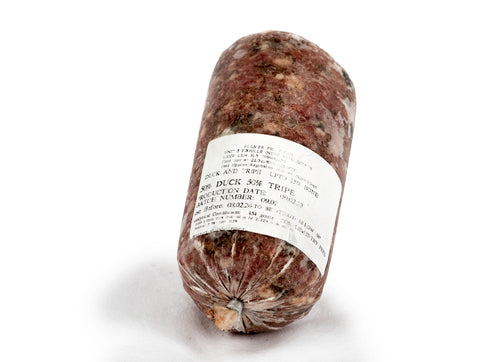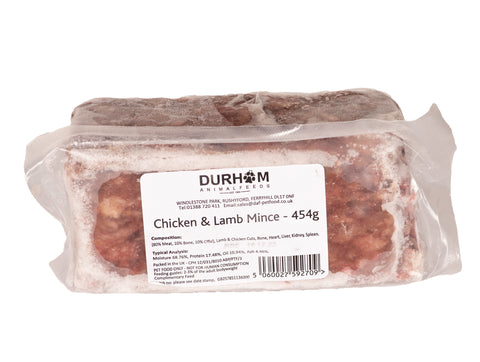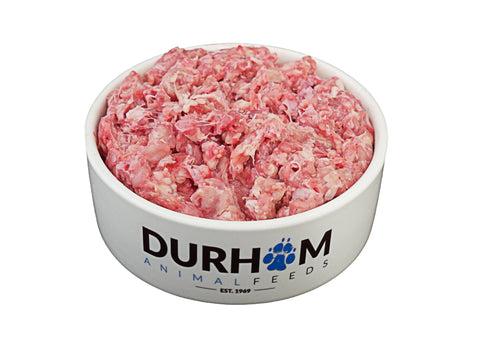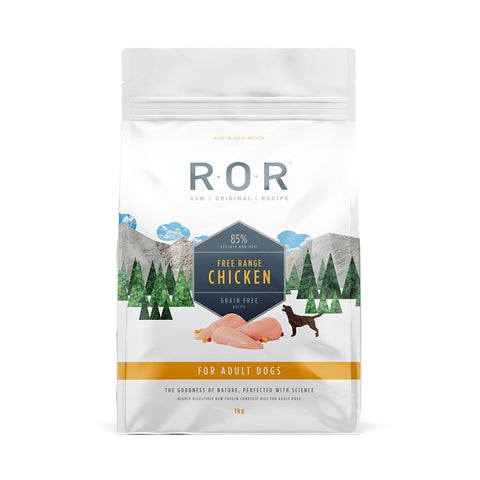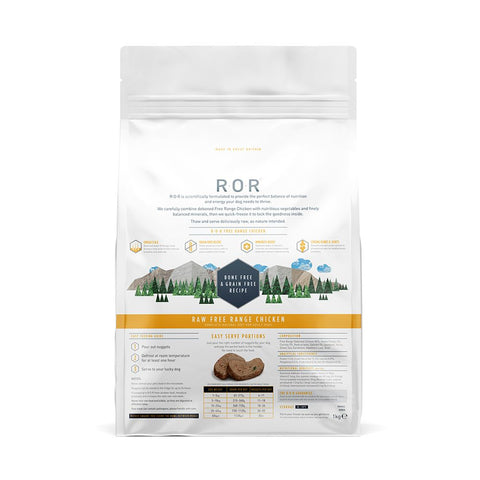Ferret Care Sheet
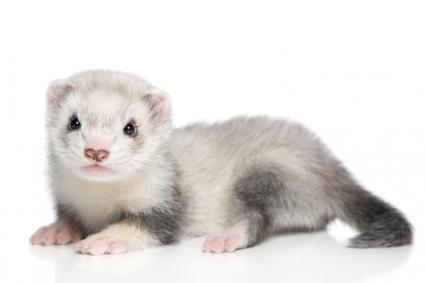
Shopping List
- Cage
- Run
- Food
- Food dish
- Water bottle
- Bottle brush
- Treats
- Sawdust/cat litter
- Bedding
- Grooming brush
- Ferret harness
- Pet safe disinfectant
- Toys
- Book on ferret care
General care
Ferrets are generally healthy animals. Should you have any concerns about your ferret s health speak to your vet. Grooming – Grooming not only helps to keep your ferret healthy but helps you to bond with your pet. Your ferret should be groomed at least once a week. Your pet shop will advise you on a suitable brush.Worming – Your ferret should be wormed regularly with a proprietary worming preparationFlea control – Regular flea treatments will be needed to prevent fleas and other skin parasites.Vaccinations – Your ferret should be vaccinated against distemper.Regular boosters will be required. If you intend to go take you pet abroad he will need a pet passport. This requires amongst other things vaccination against rabies. Yourvet will advise.Neutering – It is advisable to get your ferret neutered. A female ferret can become seriously ill and ultimately die if allowed to repeatedly come into season without being mated. Your vet will be able to advise on neutering or other methods of controlling her seasons.Insurance – Ferrets should be registered with your vet and insurance against unexpected veterinary costs should be considered.ID Chip – You should consider having your ferret micro-chipped. Your vet or other pet professional can advise you on this.
Caring For Your Ferret
Ferrets are a member of the Mustelidae family, which includes theweasel, stoat, mink, otter, badger and polecat. The ferret is not a wild animal but is the domesticated descendant of the wild polecat.
They are predators by nature and care should be taken when they are given freedom.
Ferrets are lively, intelligent animals that enjoy company. Ferrets are sociable animals and should be kept with other ferrets. Ideally they should be neutered as neutered ferrets lose their musty smell.
Average lifespan 8-10 years.
Choosing and buying your ferret
There are many colours available such as albino, sable, silver, cinnamon, and the polecat ferret, so called because its dark mask resembles the polecat.
Whichever colour you decide on, your ferret should be at least eight weeks old. A healthy ferret should be:Bright and alert.Have no signs of discharge from eye, ears, mouth and nose.Have a clean anal area.Have a glossy coat with no bald patches and not have sores on the skin.Should have no signs of breathing problems.Should move around the cage easily.
Housing
Ferrets can be kept indoors or outdoors provided the accommodation is dry, draught-free, escape-proof and out of direct sunlight. Ferrets react badly to extremes of temperature and are best kept in a range of 15-21 C.
Ferrets are active animals so the accommodation needs to be as large as possible and include multiple levels for sleeping and playing. A separate sleeping area with suitable bedding should be provided. If more than two ferrets are kept, two sleeping boxes should be provided. If kept indoors, ferrets can be provided with an outdoor run (a court) similar to an aviary. Do make sure that there is refuge from the sun and that drinking water is provided in the run. (Ferrets are susceptible to the sun and can get sun stroke if precautions are not observed.)
A layer of wood shavings or cat litter are suitable floor coverings. As a general rule, cages should be cleaned thoroughly at least once a week. A good quality, pet-friendly disinfectant should be used and all the bedding and shavings replaced with a fresh supply.
Ferrets often use the same area as their toilet every day. This can make cleaning easier and allows them to be trained to use a litter tray.
The enclosure should be furnished with an interesting selection of natural non-toxic wood branches, shelves, pipes and hammocks. Some ferrets enjoy paddling and can be given a litter tray filled with water.
Feeding and Water
Ferrets are carnivorous (meat eaters) a require a diet high in protein and fat. There are a range of complete ferret foods available, and your pet shop will be pleased to advise. Treats can be given occasionally but may lead to your ferret becoming overweight.
Fresh clean drinking water should be available at all times, and is best provided by a gravity-feed bottle.
Handling
Handle your ferret in a calm, quiet atmosphere speaking softly and making slow movements.
Start by offering treats from your hand, then place one hand across the animal s back, then slide the hand up to circle his neck with your thumbs under the mouth. The other hand will support the weight of the ferret s body.With practice you will find a comfortable position to hold and carry your ferret.

